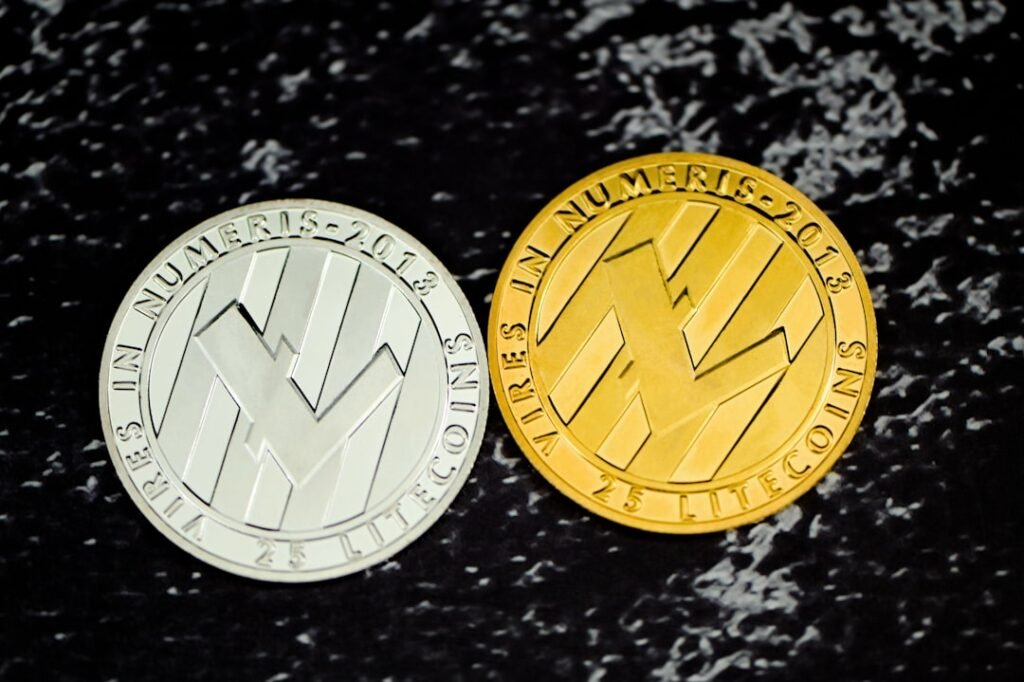The U.S. Securities and Exchange Commission (SEC) has indicated a potential shift in its regulatory stance toward decentralized finance (DeFi). During the ‘DeFi and the American Spirit’ crypto roundtable on June 9, the SEC revealed it is considering the creation of an ‘innovation exemption’ mechanism tailored for the DeFi sector. SEC Chair Paul Atkins stated that ‘DeFi’s core principles align closely with fundamental American values such as economic freedom and private property rights.’ He expressed support for self-custody models of crypto assets and acknowledged the role of blockchain in enabling financial transactions without intermediaries. The proposed exemption would allow qualifying DeFi projects to operate under a clearer regulatory framework, reducing legal uncertainties and accelerating market entry. This development was followed by a joint statement on September 5 from the SEC and the Commodity Futures Trading Commission (CFTC), emphasizing inter-agency coordination in crypto regulation—a significant move toward cohesive policy-making. The implications for the DeFi industry are substantial. A well-defined exemption could enable truly decentralized platforms to avoid registration as securities, lowering compliance costs and attracting institutional capital. It may also foster cross-border collaboration, particularly between U.S. and international projects. Additionally, the exemption is expected to enhance investor protection. Through a series of public roundtables held between April and June 2025, the SEC has engaged with industry stakeholders to clarify expectations around custody, tokenization, and DeFi operations. Commissioner Hester Peirce referred to these efforts as a ‘spring sprint toward crypto clarity.’ Atkins also drew a comparison to autonomous vehicle developers, suggesting that code publishers should not be held liable for how others use their tools—a stance that reinforces the principle of technological neutrality. However, Peirce cautioned that centralized entities misusing the ‘decentralized’ label would still face scrutiny. Moreover, the SEC’s Division of Corporation Finance has clarified that Proof-of-Work mining and Proof-of-Stake staking do not inherently constitute securities transactions, alleviating compliance concerns for many market participants. The push for clearer DeFi regulation is partly driven by political influence, with Republican SEC commissioners long advocating for more innovation-friendly policies. Market response has been positive, interpreting these developments as a move away from enforcement-heavy regulation toward structured engagement. If implemented, the innovation exemption could help U.S. DeFi projects navigate existing legal ambiguities, encourage domestic innovation, and attract overseas developers—potentially leading to a more robust, compliant, and competitive decentralized financial ecosystem.












